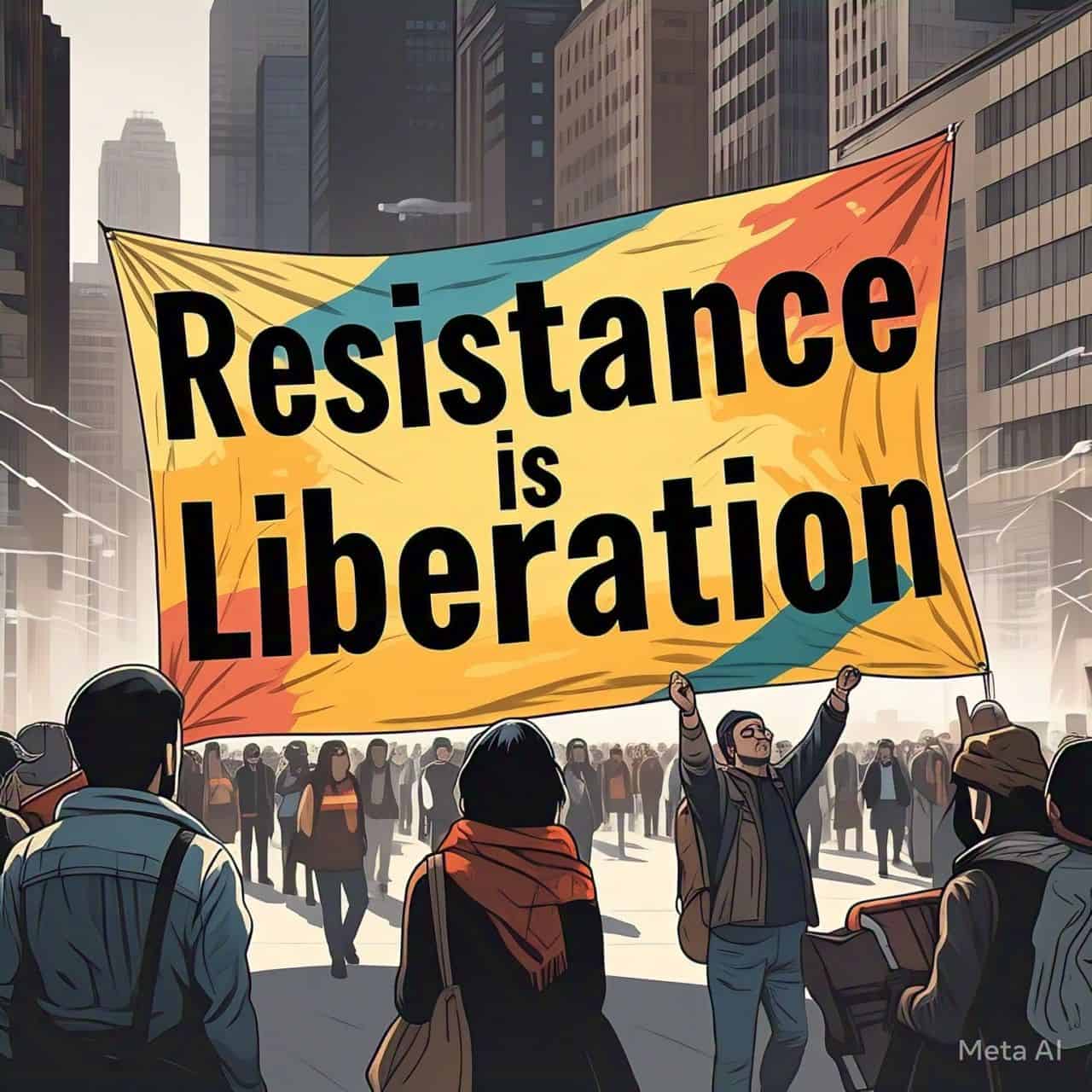

postcolonialism and resistance
Postcolonialism and resistance go hand in hand in the realm of colonialism. Postcolonialism is a critical field of study that examines the effects of colonialism on societies, cultures, and identities after formal colonial rule has ended. It explores the struggles of formerly colonized nations to reclaim their political, cultural, and psychological autonomy. Resistance is central to postcolonial discourse, as it represents the various ways colonized people have fought against colonial oppression—both during and after colonization. This resistance takes many forms, including armed struggle, cultural revival, literature, and intellectual critique.
Colonialism was not only a system of political and economic exploitation but also a structure that sought to control the minds and identities of the colonized. European powers justified their rule through racial superiority, portraying indigenous people as uncivilized and in need of guidance. They imposed their language, education, and values, and suppressed local traditions and histories. This resulted in a loss of cultural identity, as the colonized were made to see themselves through the lens of the colonizer.
Resistance, therefore, became necessary for survival. The colonized had to fight not only for political independence but also to reclaim their cultural and psychological freedom. This resistance was often met with brutal repression, as colonial powers used violence, propaganda, and legal structures to maintain their dominance. However, despite these obstacles, movements for independence and decolonization emerged across Africa, Asia, and the Caribbean. This eventually lead to the downfall of colonial empires.
Even after gaining independence, former colonies continue to struggle with the legacy of colonialism. Economic dependence, cultural imperialism, and political instability are ongoing challenges that many postcolonial nations face. Resistance today takes new forms, such as advocating for indigenous rights, decolonizing education, and challenging Western-dominated global narratives. Postcolonial thinkers continue to emphasize the need for self-representation and the dismantling of colonial structures that persist in the modern world.
Conclusion
Postcolonialism and resistance are deeply intertwined. Resistance has always been an essential part of the postcolonial experience, whether through political revolutions, cultural revival, or intellectual critique. The struggle against colonial oppression did not end with independence; it continues in the fight for cultural identity, economic sovereignty, and psychological liberation. By understanding and engaging with postcolonial resistance, societies can work towards a future that truly reflects their own histories, voices, and aspirations.
#Postcolonialism and resistance #Postcolonialism and resistance #Postcolonialism and resistance #Postcolonialism and resistance #Postcolonialism and resistance #Postcolonialism and resistance
Read More
Frantz Fanon’s The Wretched of the Earth
Orientalism and The Colonizer’s Gaze and the Creation of the ‘Other
Plot Construction in Pride and Prejudice
Introduction to Fiction and Non Fiction
Of Death — Francis Bacon (Text)
Of Truth Critical Analysis by Sir Francis Bacon
Of Truth by Francis Bacon Summary
Visit Us on our Facebook Page:
Hamlet as a Tragic Hero Shakespeare’s Hamlet is one of the greatest examples of a…
A Detailed Synopsis of Doctor Faustus Below is a detailed synopsis of Doctor Faustus by…
Tradition of Revenge Tragedy in Hamlet Revenge tragedy was one of the most popular genres…
Introduction to Hamlet William Shakespeare is widely regarded as the greatest playwright in English literature,…
Igbo Language and Oral Traditions in Things Fall Apart Chinua Achebe’s Things Fall Apart is…
Tragic Flaw of Okonkwo: A Study in Aristotelian Tragedy In Things Fall Apart, Chinua Achebe…
This website uses cookies.